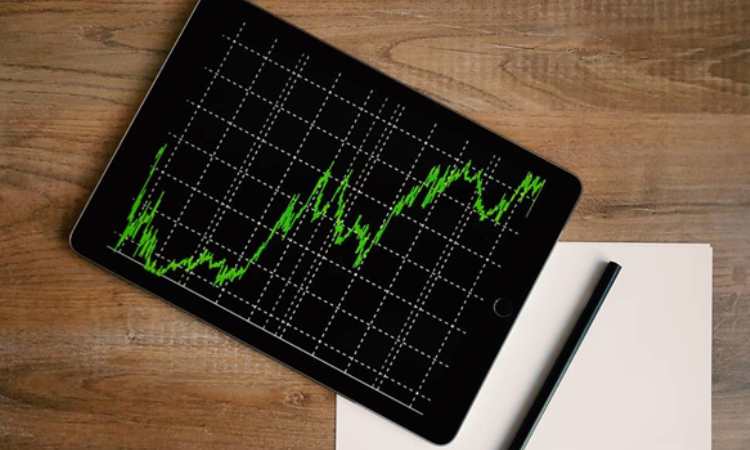
From Director’s Desk | Anirudh Dar
Warren Buffet famously said that “you only have to do a very few things right in your life so long as you don't do too many things wrong”. Of all the things he has said, this is the one I resonate with the most. It teaches me to be more pragmatic and less impulsive when taking investment decisions. The reality for most investors couldn’t be further from this.
The biggest mistake investors make is when it comes to buying and selling investments. Let us take the example of the last 9 months. In October 2019, when the Government reduced the corporate tax rates, the equity markets climbed to all-time highs on both the Sensex30 and the NIFTY50 in a span of 5 months. In March 2020, we witnessed possibly the sharpest bear market fall ever seen. The SENSEX fell from 42000 points to almost 26000 points in a matter of weeks. And now, we have seen a pull back from those levels to almost 38000 points today. When do you think you should have entered and exited the markets in the last 9 months?
The right time to sell the investments was in February 2020 when markets were at their all-time high and one should have bought in March 2020, when the market was at 26000 points. This is defined by the classic fear and greed syndrome. The fear and greed index is a contrarian index of sorts. It is based on the premise that excessive fear can result in stocks trading well below their intrinsic values, and that unbridled greed can result in stocks being bid up far above what they should be worth. While we don’t need to be expert chartists, the acceptable logic is that when you feel greed, be aware that the markets could be over-heated and this is when you should be reducing your equity exposure. The exact opposite could be done when there is fear in the markets, and that is the time to increase your equity exposure. We have seen this hypothesis play out time and time again, yet each time we do exactly the opposite of what we really should be doing.
Of course, all individual investors run their individual risk profiles and time horizons for their investments, and a consultation with their advisors is always recommended before making investment decisions.